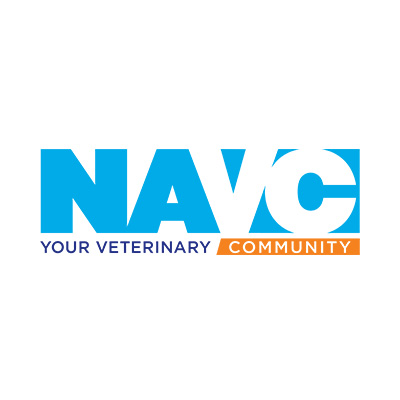Washington, D.C. (December 14, 2020) — The Human Animal Bond Research Institute (HABRI) announced today a new research project to determine the effects of an equine-assisted therapy (EAT) program on the lives of older adults diagnosed with Parkinson’s disease (PD). The study, How does 8 weeks of equine-assisted therapy affect older adults diagnosed with Parkinson’s disease?, led by researchers from the Texas Woman’s University School of Health Promotion and Kinesiology, will compare bradykinesia severity and functional outcomes before and after 8 weeks of EAT in adults with PD, and characterize the resulting human-animal interaction
“While research studies examining the physiological benefits of horseback riding have been conducted before, there is a lack of published research regarding the physical adaptations of EAT in adults with PD,” said the study’s Principal Investigator, B. Rhett Rigby, PhD, Texas Woman’s University. “We hope that the results of this study will further the efficacy of EAT as a novel treatment modality for this population, and lead to a more widespread acceptance by healthcare practitioners.”
Thirty men diagnosed with PD, aged 40 to 80 years, will be recruited and randomly assigned into two groups. Fifteen participants will complete eight weeks of EAT, and fifteen participants will complete a similar protocol on a horseback riding simulator. The EAT intervention will contain 17 total sessions across a period of eight weeks, and a licensed physical therapist will oversee and conduct all EAT sessions. A similar protocol will be in place for the simulated riding session. Preliminary data in the form of two pilot studies suggest that an improvement in postural sway and balance is present after both EAT and simulated riding in older adults with balance deficits. The study will seek to determine if these adaptions will lead to improvements with other hallmark features of PD pathophysiology, including bradykinesia, posture, balance, and gait. Researchers expect that individuals participating in the EAT sessions will experience greater decreases in bradykinesia severity compared to those participating in simulated horseback riding and that individuals with PD may experience improvements in skeletal muscle strength at the core and pelvis as a result of this exercise.
“HABRI is proud to fund this important research into the benefits of EAT for individuals living with Parkinson’s disease,” said Steven Feldman, Executive Director, HABRI. “By promoting interaction and engagement with horses, this study has the potential to positively impact an understudied population while fostering human-animal bonds and improving physical and occupational therapy practices.”
“With a greater understanding of the physical effects of equine-assisted therapy for these individuals and greater acceptance by healthcare practitioners, we hope to also see an increase in demand for EAT that will ultimately result in EAT becoming more affordable and accessible,” added Dr. Rigby.
About HABRI
HABRI is a not-for-profit organization that maintains the world’s largest online library of human-animal bond research and information; funds innovative research projects to scientifically document the health benefits of companion animals; and informs the public about human-animal bond research and the beneficial role of companion animals in society. For more information, please visit www.habri.org.
Contact
Jamie Baxter
jamie@theimpetusagency.com
775.322.4022
###





